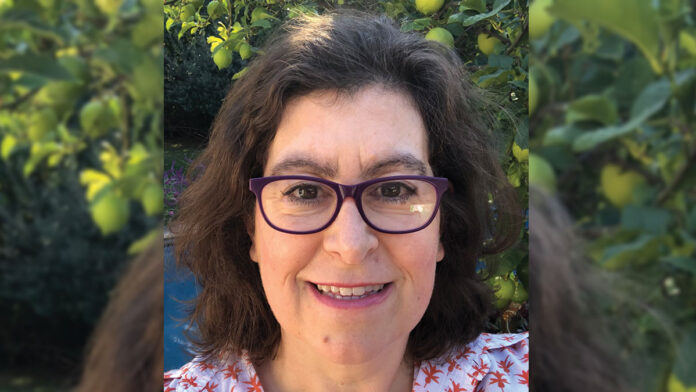Mensch Thought-leader of the month
By Simone Honikman, Founding director, Perinatal Mental Health Project
In 2002, I was the mother of a 21-month-old girl, working part-time as a doctor in a maternity hospital and basking in the support of a loving husband, family and friends.
Then everything in my life changed. Although I had not been particularly interested in the issue before, a colleague persuaded me to attend a weekend conference on maternal mental health.
There, I learned for the first time how common and debilitating depression and anxiety are for women during pregnancy and in the year after birth — the perinatal period. I learned about the impact that these maternal conditions have on children, if not managed properly. Most shockingly, I learned that one in three women in Khayelitsha, just outside of Cape Town, experience postnatal depression.
There was simply nothing being provided for these women in the public health service! It was not ok to do nothing… so we did something — The Perinatal Mental Health Project (PMHP) was born.
A social worker, psychologist, a few midwives and I developed and piloted a mental health service for pregnant and postnatal women that would be integrated into the routine maternity care setting at a Midwife Obstetric Unit. Over years, the service evolved — new sites opened, and some closed.
In addition to providing on-site counselling, we incorporated psychiatric support, group support, follow-up assessments and case management for complex cases requiring referrals. We also work with several NGOs to support them embed elements of our service model into their usual operations.
We learned from the women how repeated traumas and chronic deprivation left them vulnerable to despair, anger and pervasive worry. We also learned that basic mental health care can make an enormous difference.
Our counsellors would listen to their stories with kindness, acknowledge the feelings and reflect where the women had shown resilience and capability. For the women, this would lead to an increase in self-esteem, a sense of agency and an improved ability to parent well.
We started to train nurses and midwives, doctors and other health workers in maternal mental health. In particular, to develop their empathic engagement skills — to help reduce the common experiences of abuse that women experience at the hands of health staff during pregnancy and birthing.
We realised that detection is often the entry point to care and that the imported screening tools we’d been using in our pilot — were not working well. From this learning, we developed a brief mental health screening tool that is now incorporated into the standard maternity stationery used throughout the country. Our research is now looking at the economic case for national investment in maternal mental health.
Mental health literacy is often low among health providers who do not appreciate the extent of the problem, nor their role in being able to provide support to these women. In repsonse, in addition to the trainings, we developed a range of additional support resources to assist
heath providers.
We then started to deepen our work with the Department of Health. In the beginning, we were perceived as a nuisance, arguing for an irrelevant cause — asking the overburdened health system to do more. Chutzpah! Over time, however, the relationships have strengthened. Today, we help lead the psychosocial components of various national guidelines related to maternity care.
But, we are a far way off from being able to rest. Maternal distress has escalated during the pandemic — hunger, domestic violence, social isolation and others. We have learned that we must address these issues at the same time as we address the sadness, the worry, the low self-esteem, the sense of helplessness. To stop the vicious cycle of mental ill-health and social adversity, we need to work with both elements.
We have a unique opportunity — when women are in the perinatal period — to provide them with holistic care. In this way, we will be able to reduce suffering now and for future generations.
Simone Honikman is a valued member of Jewish Social Justice NGO, Mensch. To find out more about PMHP or just to have a conversation, visit www.pmhp.za.org or email simone.honikman@uct.ac.za
Mensch – www.mensch.org.za | Mensch on Facebook | Mensch on Instagram
• Published in the PDF edition of the June 2022 issue – Click here to read it.
• To advertise in the Cape Jewish Chronicle and on this website – contact us on 021 464 6700 ext. 104 or email advertising@ctjc.co.za. For more information and advertising rate card click here.
• Sign up for our newsletter and never miss another issue.
• Please support the Cape Jewish Chronicle with a voluntary Subscription for 2022. For payment info click here.
• Visit our Portal to the Jewish Community to see a list of all the Jewish organisations in Cape Town with links to their websites.
Follow the Chronicle: Facebook | Instagram | Twitter | LinkedIn











